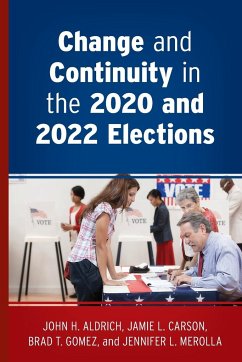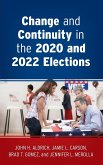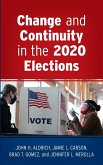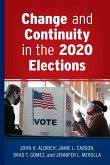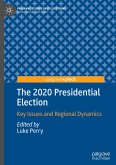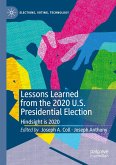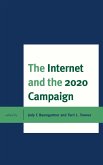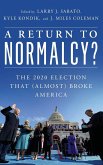Is America in the midst of an electoral transformation? What were the sources of Joseph Biden's victory in 2020, and how do they differ from Republican and Democratic coalitions of the past? Does the Democratic victory signal a long-term decline for Republicans' chances in presidential elections? Change and Continuity in the 2020 and 2022 Elections explores those questions by analyzing and explaining the voting behavior in the most recent presidential and midterm elections, as well as setting the results in the context of larger trends and patterns in elections studies. The authors present the latest National Election Studies data to help students see how social forces, party loyalties, and prominent issues affect voting behavior, turnout, and ultimately the results of presidential and congressional elections. Readers will come away with a better understanding of what the most recent elections mean for the future of American politics.
Bitte wählen Sie Ihr Anliegen aus.
Rechnungen
Retourenschein anfordern
Bestellstatus
Storno

